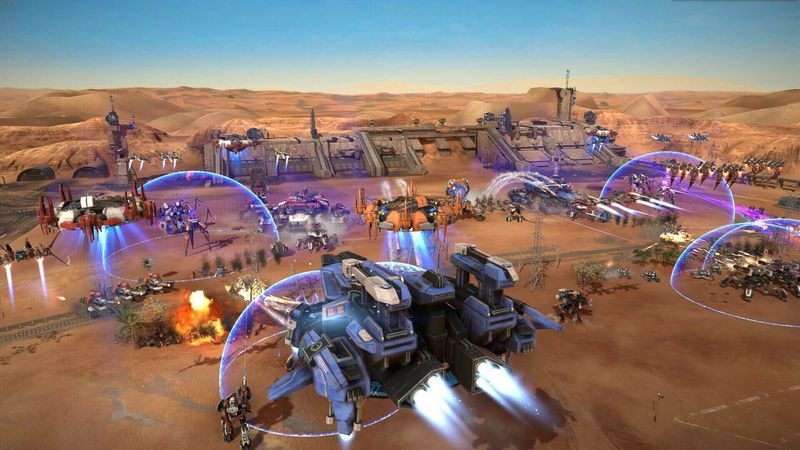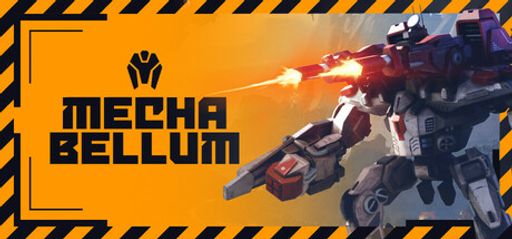I have had my share of tactical wargames over the years, but Mechabellum by Game River has caught my attention in a big way. Released on September 26, 2024, and published by Dreamhaven, this game stands out for its strategic depth and immersive battlefield design. From the moment I started commanding my mechanized army, I felt that every decision mattered—and that is both its strength and a minor flaw.
Overall Impressions
Mechabellum impresses with its blend of tactical strategy and intuitive unit customization. I appreciate games that reward critical thinking, and this title does exactly that. The interface is friendly for seasoned players like myself. However, it sometimes feels unforgiving. I have experienced misclicks that derail my strategy completely. This is a minor hiccup in an otherwise solid package. It reminds me of the early days of StarCraft’s custom maps, where one wrong move meant instant defeat. That intensity is both thrilling and slightly frustrating.
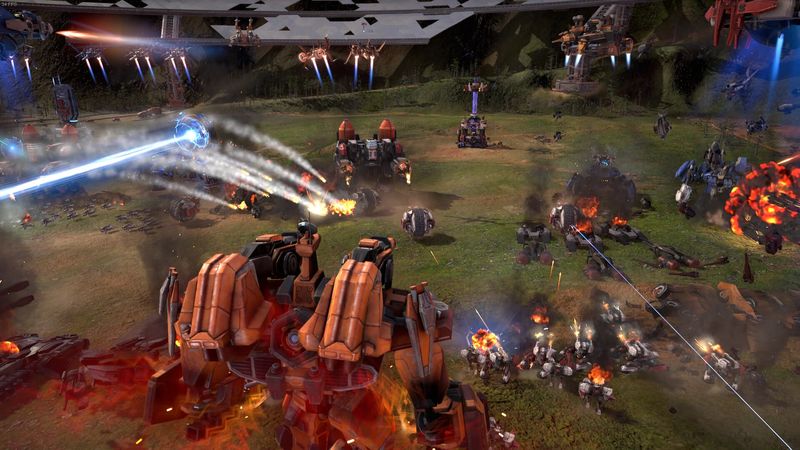
Gameplay Mechanics
The core strategy of Mechabellum revolves around outthinking your opponents. I enjoy the tactical decision-making it forces upon you. The ability to customize and strategically place your units is a standout element. I have spent long hours experimenting with different configurations, and each encounter teaches you something new. Battles are fast-paced and filled with tactical choices that have lasting consequences on the outcome. A small issue remains, however. The game lacks an undo button. This design choice means that a simple misclick can cost you the match. I echo the concerns of several players who shared similar frustrations. It can be disheartening when a mistake becomes irrevocable. Yet, I can also see that developers might have intended this to keep the stakes high.
The mechanics of unit placement and real-time strategy pay a respectful homage to classic games. The combat is rhythmic and rewarding. Every battle feels unique, and each crest and fall of a conflict has its own flavor. I found that the thrill of adjusting my unit arrangement on the fly is what keeps me coming back. However, I do hope that the developers consider implementing an undo feature in future updates. This addition would provide a smoother experience for new players and offer relief for those infamous misclicks.
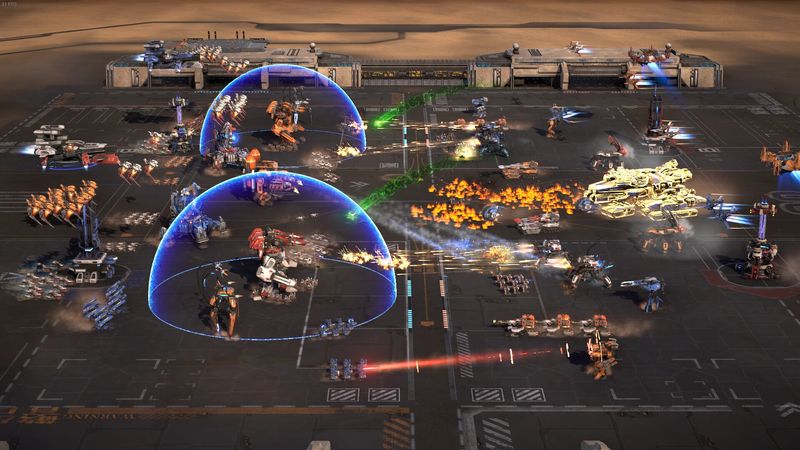
Story and Characters
Unlike many tactical wargames, Mechabellum invests effort in constructing its narrative and world-building. The lore is rich, and the characters—though not at the forefront—enhance the game’s atmosphere. I found that the background story is woven into the battlefield dynamics in subtle, yet meaningful ways. It is clear that the developers have spent considerable time developing the history and motivations behind combat units. This narrative depth contributes to the overall immersion. While the game does not rely on cinematic storytelling, its nuances in character and faction design provide an intriguing layer that is not often found in similar titles.
I particularly enjoyed the way certain battles felt like epic showdowns between well-developed factions. These narrative moments are brief but effective. They create an emotional kick that complements the tactical gameplay. Even if the characters do not have fully fleshed-out personal arcs, their presence helps build a captivating universe. I find this approach refreshing when compared to other games in the genre that often neglect storytelling in favor of pure strategy.
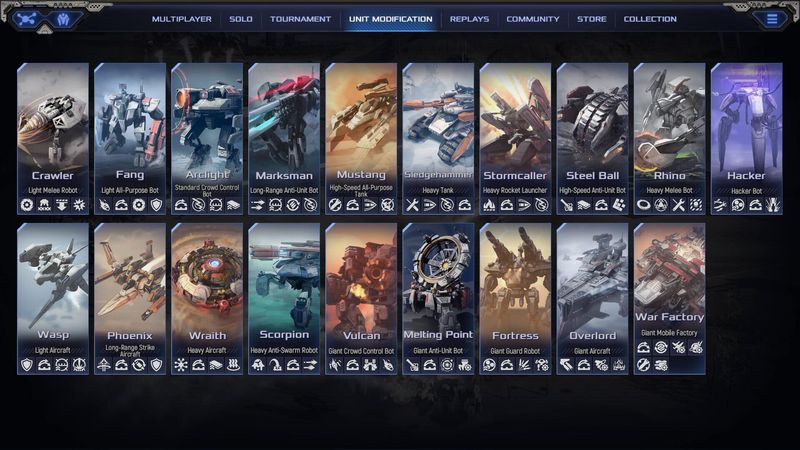
Visuals and Graphics
Mechabellum shines with a visual style that is both modern and reminiscent of classic war games. The graphics are sharp, and the attention to detail brings each battlefield to life. I noticed that the unit designs convey the essence of their respective factions. The artistic choices are thoughtful. Lighting and particle effects give every explosion and maneuver a palpable weight. The game combines realism with a stylized aesthetic, striking a balance that feels both modern and respectful of gaming history.
Even the user interface plays a role in the overall appeal. The HUD is uncluttered, allowing you to focus on the competitive aspects of the game. I found that each battle is like a moving painting, with deliberate color schemes that evoke tension and excitement. While nothing in the visuals leaves me utterly astounded, they effectively enhance the overall gaming experience and immerse you in the world of strategic combat.
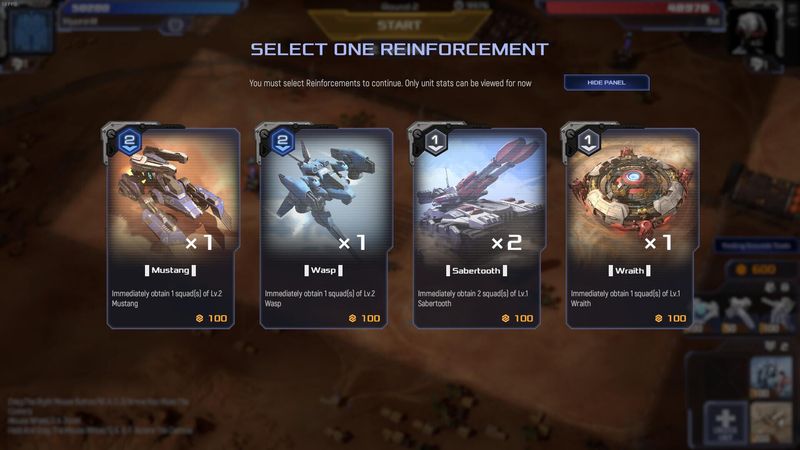
Sound and Music
The sound design in Mechabellum is robust and complements the on-screen action seamlessly. The soundtrack is dynamic. It adjusts to the pace of battle, keeping the adrenaline high in tense moments. Sound effects capture the mechanical nature of the units with precision. Each command and explosion resonates with clarity. The voice acting, though sparse, punctuates critical moments. I found the cues to be effective in alerting me to important in-game events.
The audio experience adds weight to every decision. In many ways, the sound design enhances the tactical feel as much as the visual components do. Every clash of metal and every strategist’s call feels lived in and deliberate. The overall design of the auditory experience elevates the suspense and urgency of combat, drawing you further into the game’s detailed universe.
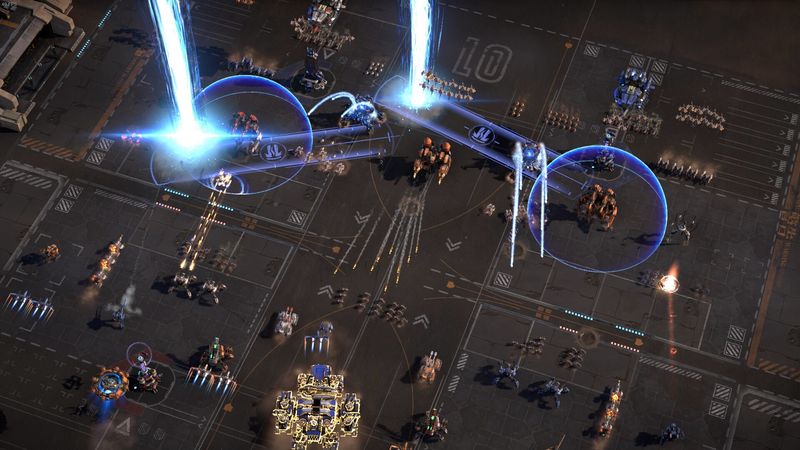
Difficulty and Replayability
Mechabellum offers a challenge that will test even the most seasoned tactics enthusiasts. The game’s difficulty scales well, providing a rewarding experience for both beginners and hardcore players. Each match forces you to learn from your mistakes. I relish this aspect, as it pushes me to refine my strategies continually. The small catch of having no undo button adds another layer of challenge. While this design decision might frustrate some at first, it also raises the stakes.
Replayability is high. I find that every battle requires a different approach. The game encourages multiple playthroughs as you explore various unit combinations against both human and AI opponents. This feature reminds me of the tug-of-war style matches I cherished in older strategy games. It is a testament to the game’s longevity that even after numerous matches, I still learn something new or witness unique tactical breakthroughs.
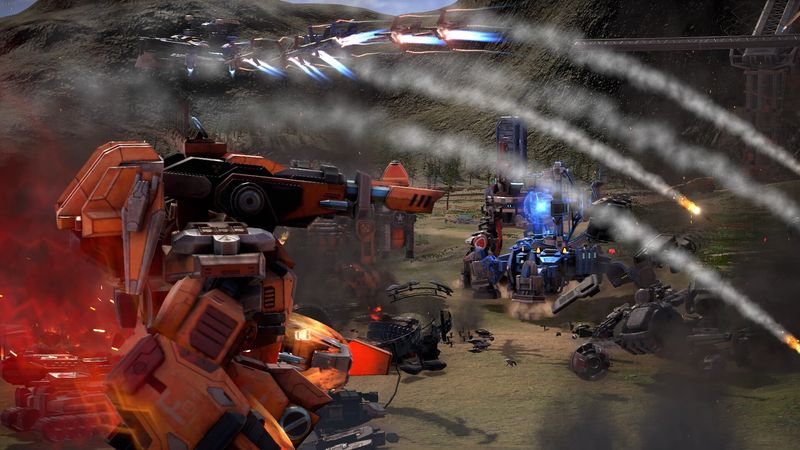
Additional Trivia and Behind-the-Scenes News
Game River is known for its innovative approach to tactical gaming. In interviews, developers stated that every design decision in Mechabellum was meant to enhance real-time strategy without sacrificing depth. They listened to early feedback from beta testers, which shaped the game’s robust tactical systems. Dreamhaven, as a publisher, has a proven track record of taking creative risks. The blend of visual aesthetics and intricate mechanics in Mechabellum represents a careful balance between honoring the genre’s traditions and pushing it forward.
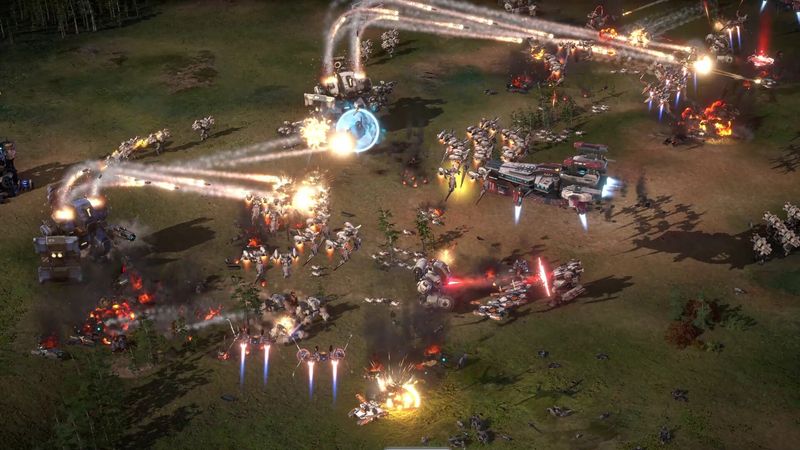
Final Thoughts and Score
Mechabellum is a rewarding tactical wargame that excels in strategy and unit customization. Despite the staging setback of not having an undo button, it pushes you to commit fully to your decisions. The deep gameplay mechanics and immersive world-building provide a compelling experience that stands out among its peers.
I recommend Mechabellum to fans who appreciate a challenging tactical experience. Its visuals, sound design, and narrative layers add significant value to the overall experience. I score the game 4 out of 5 stars. With a few minor adjustments, it has the potential to become a true classic in the genre.
As a dedicated gamer with decades of experience, I applaud the ambition and execution of Mechabellum. I look forward to future updates and possible improvements, hoping that the developers address the undo button issue soon. For now, if you seek a challenging tactical game that makes every move count, Mechabellum proves to be a formidable contender.
